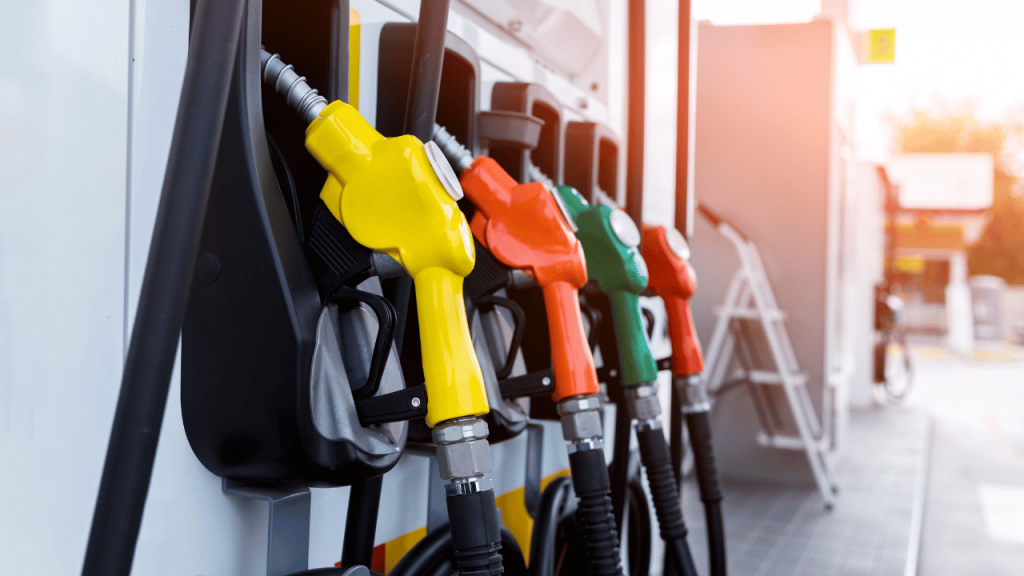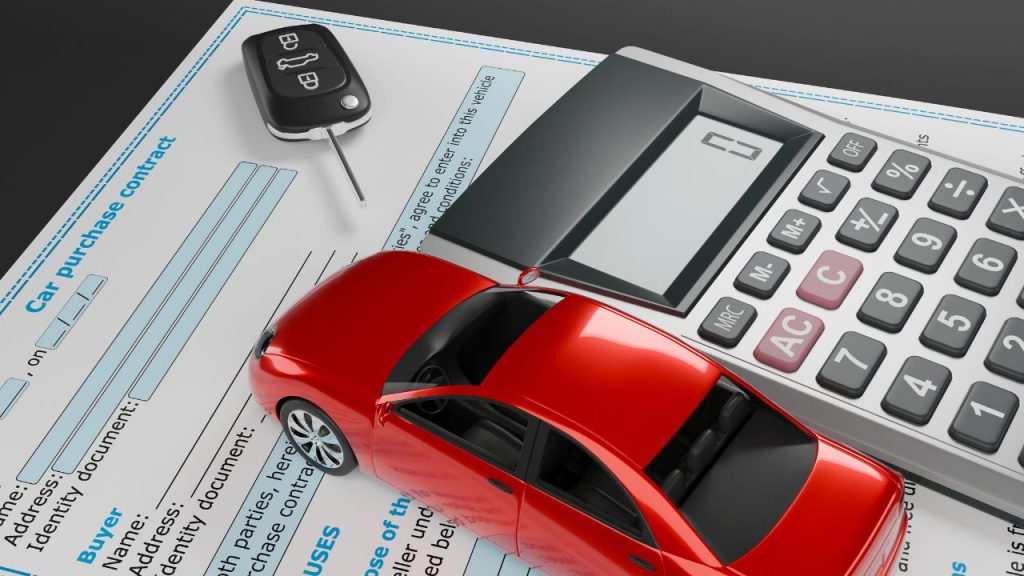Accidentally filling a diesel car with petrol is a common mistake, but it can have serious consequences. If you’ve made this error, don’t start the engine! Due to differences in fuel properties, petrol can cause major damage to a diesel engine.
In this article, we’ll break down exactly what happens, the potential damage, and what you should do if you find yourself in this situation. We will also explore how to prevent misfuelling, repair costs, and real-life case studies of petrol in diesel mishaps.
Why Diesel Engines Can’t Handle Petrol
Diesel and petrol engines operate very differently, formulating their fuels accordingly. Here’s why putting petrol in a diesel car is a big issue:
- Diesel acts as a lubricant – Diesel fuel lubricates key components in a diesel engine, such as the fuel pump and injectors. Petrol, on the other hand, has no lubricating properties and can cause excessive wear.
- Diesel engines rely on compression ignition – Diesel fuel ignites under high pressure, whereas petrol requires a spark. Petrol in a diesel engine disrupts this process, leading to misfires or failure to start.
- Petrol reduces diesel’s viscosity – It won’t properly coat the engine components, increasing friction and the risk of damage.
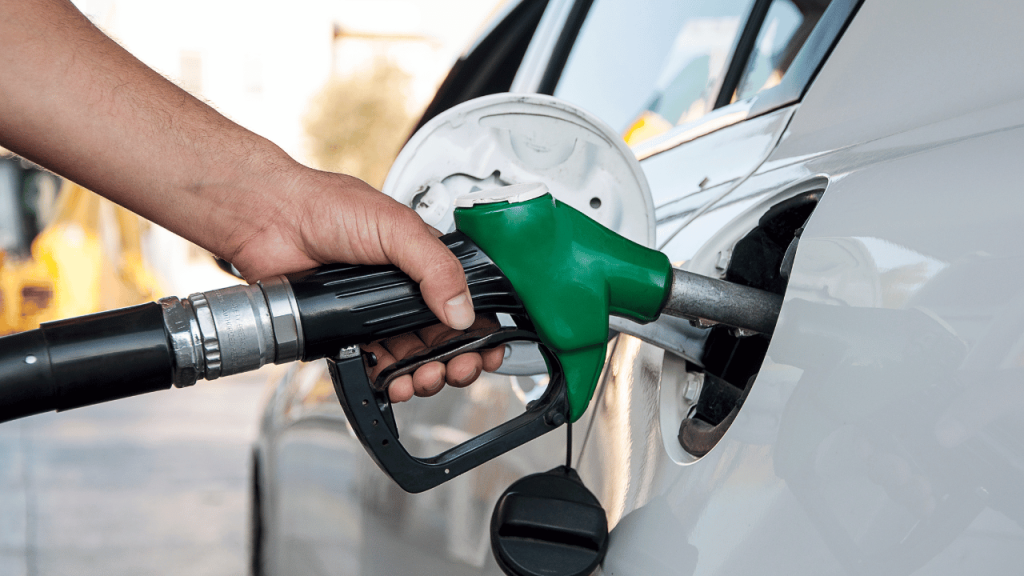
What Happens When Petrol Enters a Diesel System?
Immediate Effects of Petrol Contamination
If you turn on the ignition after filling up with petrol, you may notice:
- Difficulty starting the engine
- Rough idling or misfiring
- Increased exhaust smoke
- Loss of power while driving
- A knocking sound from the engine
The severity of these symptoms depends on how much petrol was added and whether the engine was run.
Long-Term Impact on Engine Components
Fuel Pump Failure
Diesel fuel pumps rely on fuel for lubrication. Petrol removes this protection, causing increased friction and premature failure.
Injector Damage
Diesel injectors are highly precise components. Petrol can corrode them or cause excessive heat, leading to costly repairs.
Damage to Fuel Lines and Tank
Petrol’s properties can degrade rubber seals and fuel lines over time, leading to leaks or internal corrosion.
Effects on the Combustion Process
Because petrol burns differently than diesel, improper combustion can cause misfires or, in severe cases, engine seizures.
Steps to Take If You Put Petrol in a Diesel Car
Stop Fuel Circulation Immediately
Do not start the engine if you realise the mistake before turning the key. This prevents the petrol from circulating through the system and causing damage.
Seek Professional Help
Your best option is to call a professional fuel drain service or your breakdown provider. They will safely remove the contaminated fuel and flush the system.
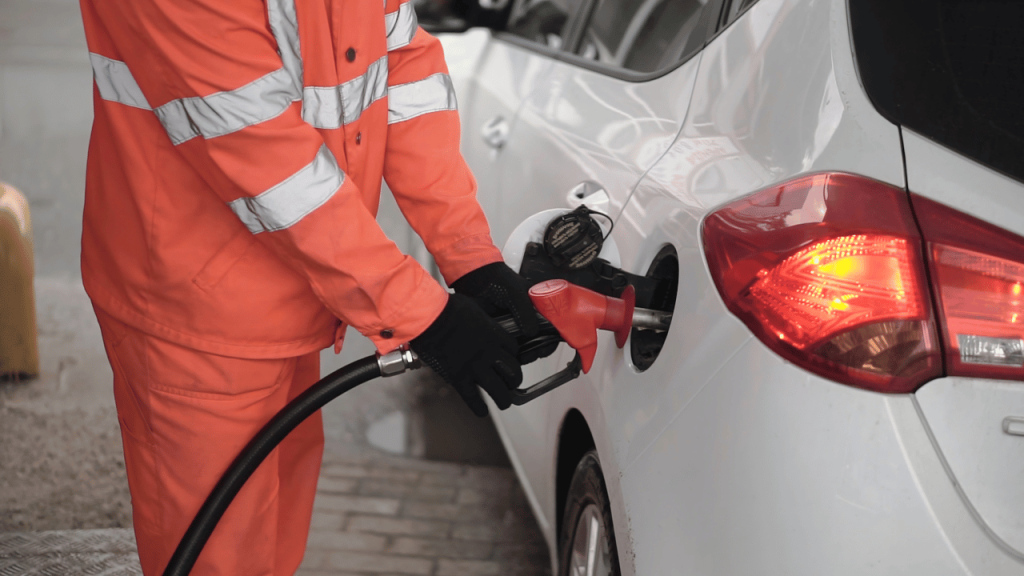
Draining and Flushing the System
A complete drain and flush should be enough to avoid damage if the car hasn’t been started. However, further repairs may be needed if the engine has been run.
Changing Fuel Filters
Even after draining, traces of petrol may remain in the system. Replacing the fuel filter helps prevent further contamination.
Refilling With Fresh Diesel
Once the system is flushed, refill it with clean diesel to restore proper operation.
How Diesel Owners Can Prepare for Misfuelling Mistakes
Keep a Misfuelling Prevention Device
Devices that prevent petrol nozzles from fitting into diesel tanks can be lifesavers. Investing in one is a proactive step to avoid misfueling.
Familiarise Yourself with Your Car’s Fuel Type
If you drive multiple vehicles, especially between petrol and diesel cars, make a habit of checking the fuel cap label before refuelling.
Save Emergency Breakdown Contacts
Having the number of a fuel drain service saved in your phone can help you react quickly if misfuelling occurs.
Use Fuel Type Stickers
Some drivers place a “DIESEL ONLY” sticker near their fuel cap as an extra reminder to avoid mistakes.
The Severity of Damage: Factors That Matter
How Much Petrol Was Added?
A small amount (less than 5%) may not cause serious issues, but anything above this can be problematic.
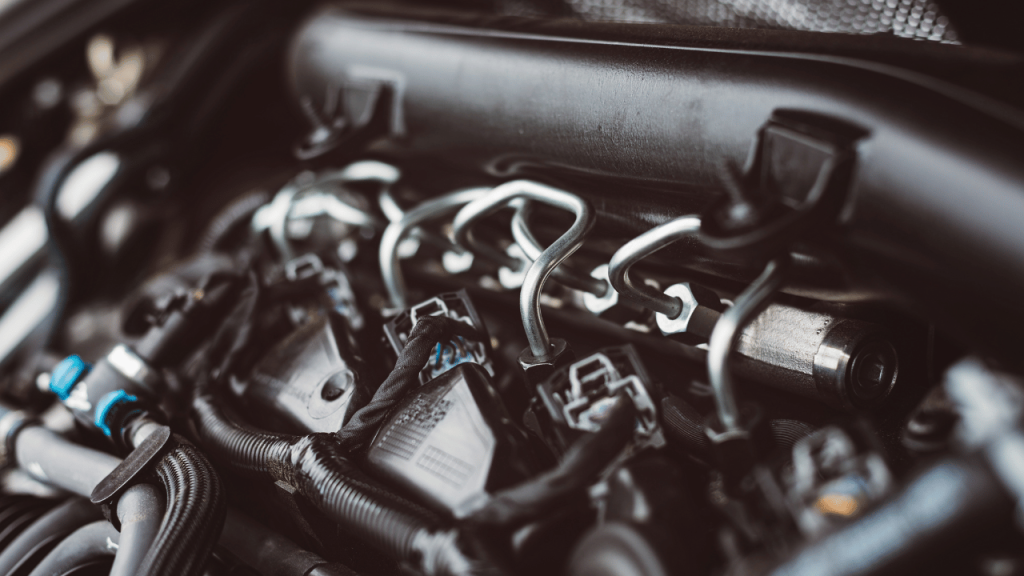
Did You Start the Engine?
Running the engine allows petrol to circulate and cause damage, making repairs more expensive.
Type of Diesel Engine
Modern common-rail diesel engines are more sensitive and prone to damage.
Cost of Repairs
- Fuel drain service – €200-€300
- Fuel pump replacement – €500-€1,500
- Injector replacement – €1,000-€3,000
- Engine repair or replacement – €5,000+
Preventative action is always cheaper than repairs!
How to Prevent Misfuelling
Use a Diesel Fuel Cap
Many retailers sell misfuelling prevention devices that only allow diesel nozzles to fit.
Double-Check the Pump Label
Always double-check before fuelling to avoid costly mistakes.
Be Extra Cautious With New or Rental Cars
If driving a different car than usual, take extra care at the pump.
Follow a Routine When Refuelling
Developing a habit of carefully checking fuel type every time you refuel can help avoid errors.
Long-Term Effects If a Car Has Been Misfuelled Multiple Times
Cumulative Engine Wear
If a diesel car has been misfuelled multiple times, small amounts of petrol contamination may have gradually worn down engine components, even if no immediate issues were noticed.
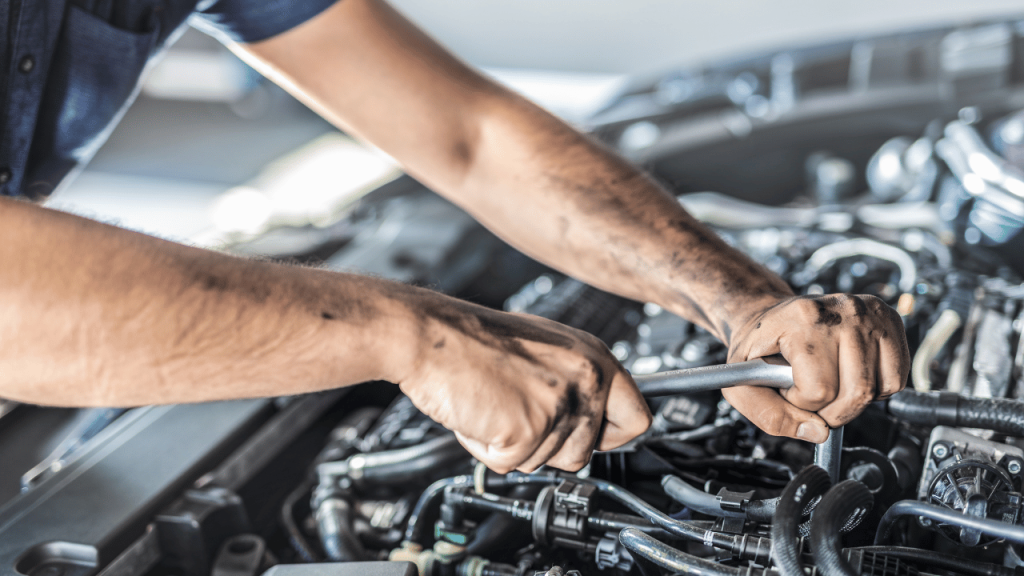
Injector Clogging and Damage
Repeated exposure to petrol can weaken the fuel injectors, leading to inefficient combustion and decreased fuel economy.
Increased Maintenance Costs
Diesel engines misfuelled multiple times may require more frequent servicing and fuel system replacements.
Risk of Total Engine Failure
A history of misfuelling increases the likelihood of catastrophic failure, where the entire engine may need replacement.
Real-Life Cases of Petrol in Diesel Cars
Case Study 1: Minor Damage Due to Early Detection
John, an Irish driver, accidentally put 5 litres of petrol into his diesel car but realised before starting the engine. A quick fuel drain and refill saved his car from significant damage.
Case Study 2: Severe Damage from Running the Engine
Unaware she had misfuelled, Mary drove 20km before noticing power loss. Her fuel pump failed, and injectors needed replacing, costing over €2,000.
Case Study 3: Total Engine Failure
A commercial vehicle driver mistakenly filled his diesel van with petrol and drove over 50km. The result was catastrophic engine failure, leading to a complete engine replacement costing over €8,000.
Wrapping Up
Putting petrol in a diesel car is costly, but quick action can minimise damage. Call a professional immediately if you realise your mistake; don’t start the engine. You can avoid this mishap by understanding how diesel engines work and taking precautions.
FAQs About Petrol in a Diesel Car
Do not turn the key if you realise your mistake before starting the engine. Call a professional fuel drain service to remove the petrol from your fuel tank before any damage occurs.
No, even a small amount of petrol can damage the fuel system and engine in the long term. It’s best to drain the fuel as soon as possible.
Anything more than 5% of the tank is petrol, leading to serious engine problems. Even smaller amounts can reduce lubrication and cause wear over time.
Running the engine circulates petrol through the system, potentially damaging the fuel pump, injectors, and other components and resulting in costly repairs.
No, diluting the fuel does not reverse the damage petrol can cause to diesel engines. The safest option is a professional fuel drain.
Some insurance policies cover misfuelling, but many do not. Check your policy details or contact your provider to confirm your coverage.
A professional fuel drain typically takes 30 to 60 minutes, depending on the severity of the contamination.
Yes, prolonged use of petrol in a diesel engine can lead to injector failure, fuel pump damage, and even complete engine failure, which may require costly repairs or replacement.
Yes, using a diesel fuel cap, carefully checking pump labels before refuelling, and placing a “DIESEL ONLY” sticker near the fuel filler can help prevent mistakes.

Ciaran is an automotive enthusiast with a Bachelor of Arts Honours degree in Creative Digital Media from MTU in Ireland and over three years of experience in digital marketing. His unique background combines a love for storytelling with a strong grasp of engaging content creation, making complex car topics relatable and easy to understand. Through years of managing this blog, Ciaran has expanded his automotive knowledge while helping everyday drivers gain new insights.
Passionate about demystifying the driving world, Ciaran focuses on simplifying car trends, tech updates, and practical driving tips. He believes that everyone should feel confident and informed behind the wheel, offering content that empowers readers to make smart, well-informed decisions.

